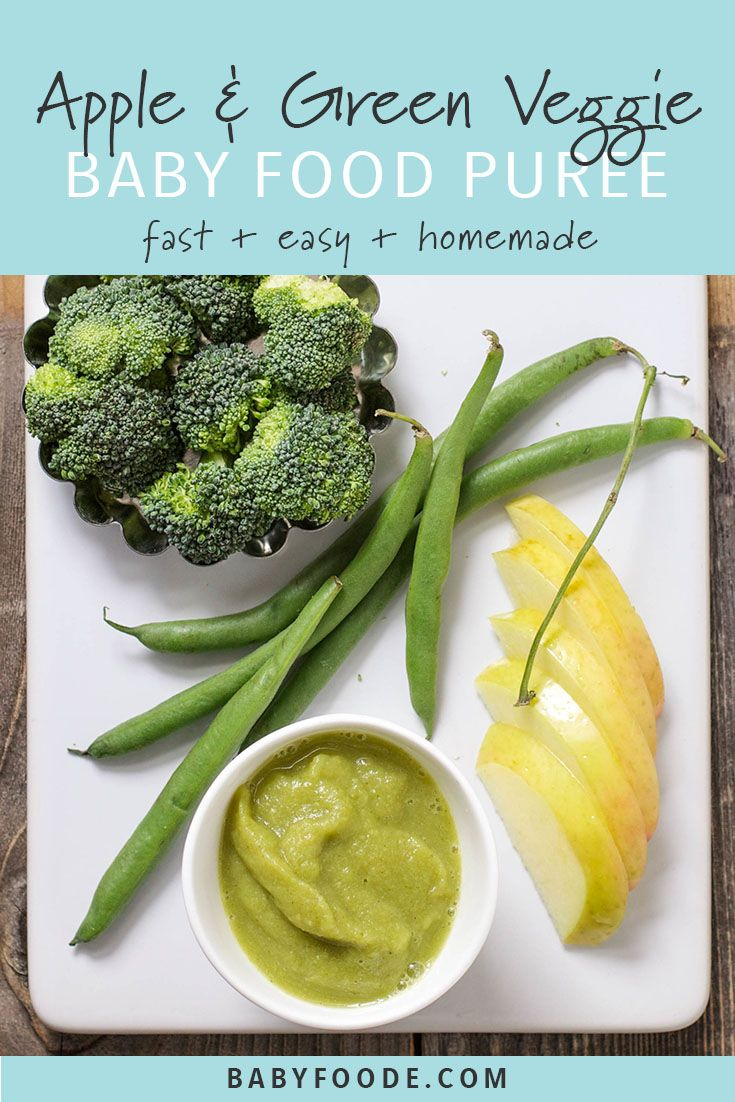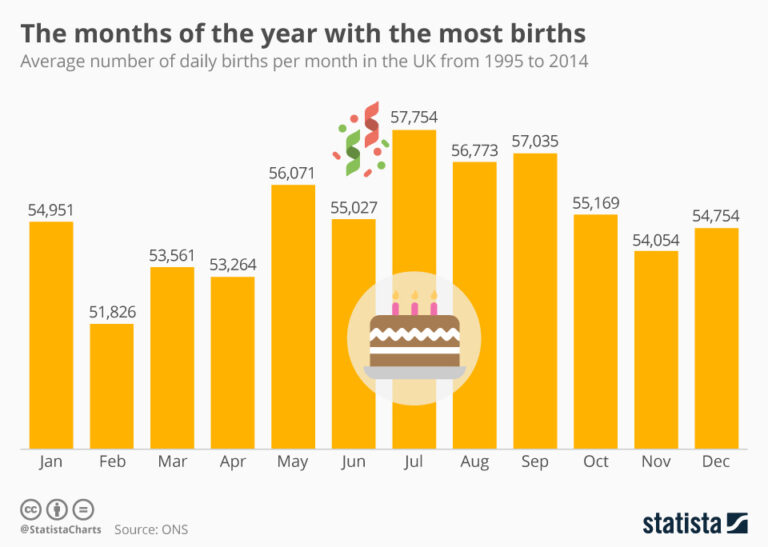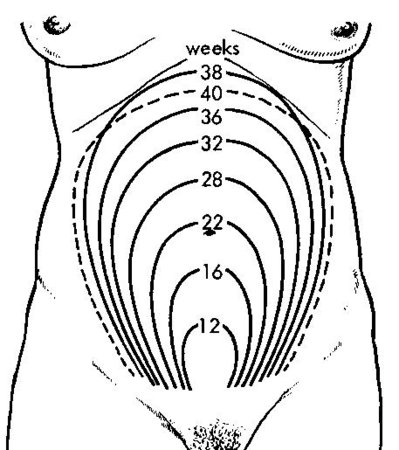How Many Calories Can I Burn Breastfeeding?
Breastfeeding is a beautiful and rewarding experience that provides numerous health benefits for both mother and baby. One of the lesser-known benefits of breastfeeding is its potential to aid in weight management. Many breastfeeding mothers wonder, “How many calories can I burn breastfeeding?” This article will delve into the metabolic changes that occur during breastfeeding, quantifying the number of calories burned and exploring the factors that influence calorie expenditure.
Breastfeeding requires a significant amount of energy, leading to an increase in the mother’s metabolic rate. This elevated metabolism helps the body burn more calories, contributing to weight loss. The number of calories burned while breastfeeding varies depending on factors such as the frequency and duration of breastfeeding, the composition of breast milk, and the mother’s individual metabolism.
Introduction
Breastfeeding is the natural way to feed your baby and provides them with the best possible nutrition. It also has many benefits for you, the mother, including reducing your risk of breast and ovarian cancer, and helping you to lose weight.
When you breastfeed, your body uses extra calories to produce milk. The amount of calories you need will vary depending on how often you breastfeed, how long each feeding lasts, and how much milk your baby drinks. On average, breastfeeding mothers need about 500 extra calories per day.
Energy Requirements of Breastfeeding Mothers
The energy requirements of breastfeeding mothers are higher than those of non-breastfeeding mothers. This is because breastfeeding requires the production of milk, which is a high-energy process. The amount of energy required for breastfeeding varies depending on the age of the baby, the frequency of breastfeeding, and the duration of each feeding.
Calorie Expenditure during Breastfeeding
Breastfeeding is a demanding process that requires significant energy expenditure. The metabolic changes that occur during breastfeeding contribute to an increased calorie burn.
Metabolic Changes
During breastfeeding, the body undergoes several metabolic adaptations to support milk production. These changes include:
- Increased production of prolactin, a hormone that stimulates milk production.
- Elevated levels of oxytocin, a hormone that triggers milk ejection.
- Enhanced blood flow to the breasts.
- Increased oxygen consumption.
These metabolic changes lead to an increase in the body’s basal metabolic rate (BMR), which is the number of calories burned at rest.
Calorie Expenditure
The number of calories burned while breastfeeding varies depending on factors such as the frequency and duration of feedings, the baby’s age, and the mother’s individual metabolism. However, studies have shown that breastfeeding mothers burn approximately 500-700 extra calories per day.
This increased calorie expenditure can help breastfeeding mothers lose weight gained during pregnancy. However, it’s important to note that breastfeeding alone may not be sufficient for significant weight loss, and a healthy diet and regular exercise are still recommended.
Factors Affecting Calorie Expenditure

Breastfeeding can burn a significant number of calories, but the exact amount varies depending on several factors. These factors include the frequency and duration of breastfeeding, the composition of breast milk, and the mother’s individual metabolism.
Breastfeeding Frequency and Duration
The more frequently and for the longer a mother breastfeeds, the more calories she will burn. This is because the body uses energy to produce milk and to feed the baby.
Composition of Breast Milk
The composition of breast milk also affects calorie expenditure. Milk that is higher in fat content will require more energy to produce than milk that is lower in fat. This is because the body must use more energy to break down and absorb fat.
Other Factors
Other factors that can affect calorie expenditure during breastfeeding include the mother’s age, weight, and activity level. Older mothers and mothers who are overweight or obese will burn more calories while breastfeeding than younger mothers and mothers who are underweight. Mothers who are active will also burn more calories than mothers who are sedentary.
Implications for Weight Management
Breastfeeding can be a significant contributor to weight loss after childbirth. It burns calories, which can help mothers shed excess pregnancy weight. However, it’s important to remember that breastfeeding alone is not a magic bullet for weight loss. A balanced diet and regular exercise are still essential for breastfeeding mothers who want to lose weight.
Tips for Breastfeeding Mothers Trying to Lose Weight
- Eat a healthy diet that is rich in fruits, vegetables, and whole grains.
- Get regular exercise. Aim for at least 30 minutes of moderate-intensity exercise most days of the week.
- Don’t restrict your calories too much. Eating too few calories can make it difficult to produce enough milk.
- Be patient. It takes time to lose weight after childbirth. Don’t get discouraged if you don’t see results immediately.
Nutritional Recommendations
Breastfeeding is a demanding process that requires a significant amount of energy, so it’s essential for breastfeeding mothers to consume a healthy diet to meet their increased nutritional needs. The recommended calorie intake for breastfeeding mothers varies depending on factors such as age, activity level, and milk production. In general, breastfeeding mothers should aim to consume an extra 500-1000 calories per day.
Nutrient-rich foods are essential for breastfeeding mothers. These foods provide the building blocks for breast milk and help to support the mother’s overall health. Good sources of nutrients for breastfeeding mothers include:
- Fruits and vegetables
- Lean protein
- Whole grains
- Dairy products
- Healthy fats
Meal planning for breastfeeding mothers should focus on consuming a variety of nutrient-rich foods from all food groups. It’s also important to stay hydrated by drinking plenty of fluids, especially water.
Conclusion
In conclusion, breastfeeding is a beautiful and rewarding experience that offers numerous benefits for both the mother and the baby. It not only provides essential nutrition for the baby but also helps the mother lose weight, reduce her risk of chronic diseases, and strengthen her bond with her child.
It is important to remember that every mother and baby is different, and the number of calories burned during breastfeeding will vary. It is recommended that breastfeeding mothers consult with a healthcare professional to determine their individual calorie needs and to receive personalized advice on how to maintain a healthy weight while breastfeeding.
FAQs
How many calories do I burn breastfeeding per day?
The number of calories burned breastfeeding varies depending on individual factors, but on average, breastfeeding mothers burn an additional 500-700 calories per day.
Does breastfeeding help you lose belly fat?
Yes, breastfeeding can help reduce belly fat. The hormonal changes associated with breastfeeding promote the release of stored fat, including belly fat.
Can I lose weight exclusively by breastfeeding?
While breastfeeding can aid in weight loss, it is not recommended to rely solely on breastfeeding for weight loss. A balanced diet and regular exercise are essential for sustainable weight management.





